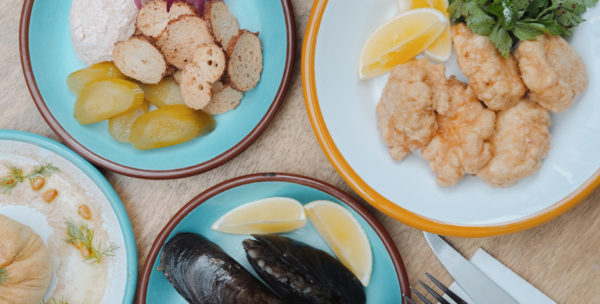
Cuisine Connects Turkish Armenians To Ancient Roots
Turkish Armenians’ culinary traditions serve as a connection to their ancestral homeland and history.

Turkish Armenians’ culinary traditions serve as a connection to their ancestral homeland and history.

The complexities of climate change require an educated understanding of individual ingredients, their contribution, and how we can do better.
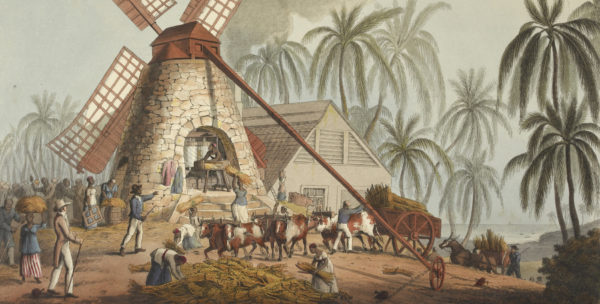
From slavery to Brexit, sugar tells the story of the modern world.

On the Honduran island of Roatán, a cultural center preserves baking traditions of an exiled people.
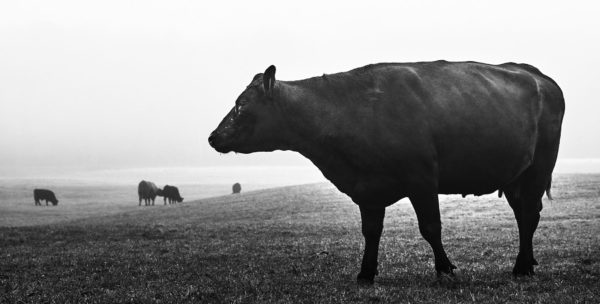
Confronted with effects of the climate crisis, Argentina grapples with its deep history as a global beef producer.

In Alaska, traditional markets create a sense of home in one of America’s most diverse neighborhoods.
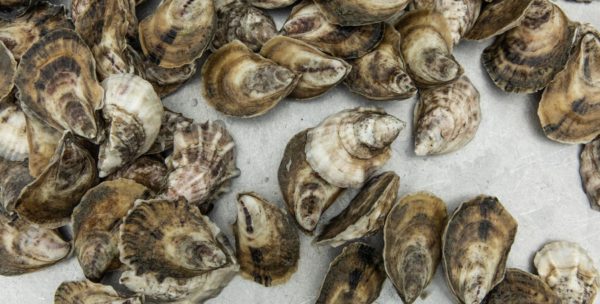
In the wake of restaurant closures, the fishing industry finds a new market among home cooks.

Marred by a history of British Colonialism, poppy has now been cemented as a prominent ingredient in Bengali cuisine.
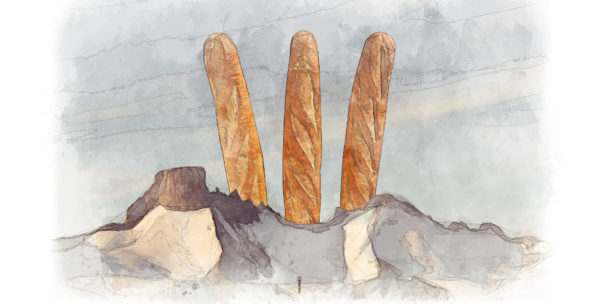
Isolated in Antarctica, chef Karin Jansdotter finds comfort in new culinary hobbies like making sourdough and fermented products.
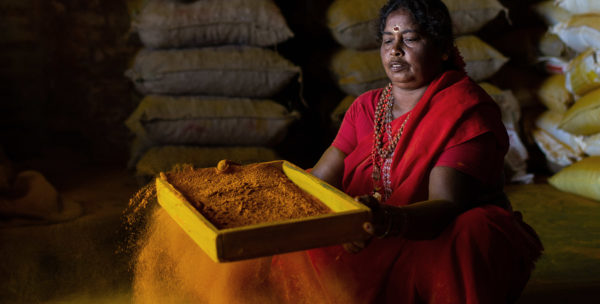
Diaspora Co. prioritizes transparency, equity and sustainability while providing fresh, high-quality spices.
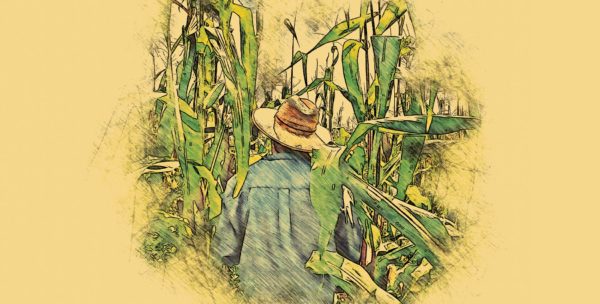
Founded on practices of Indigenous and Black farmers, a promise for the future of farming.

Immigrants must find new ways to celebrate the holiday season during the pandemic.
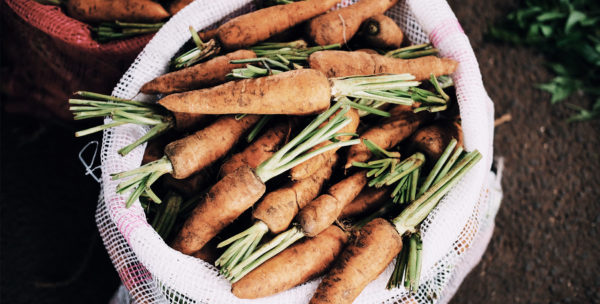
Unique community-supported agriculture programs provide critical revenue for small farmers in the midst of the pandemic and climate-related crises, while also giving consumers the opportunity to actively engage with their local food system.

Facing impossible conditions, local farmers in the occupied West Bank hope a return to their roots will bring Palestine closer to food sovereignty.
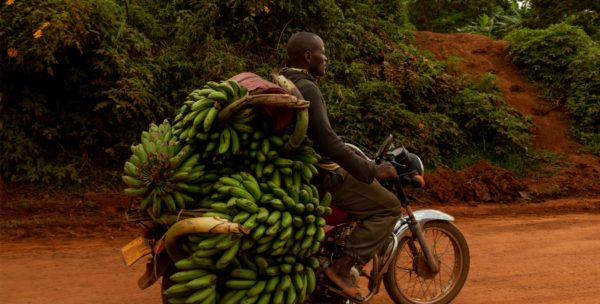
To improve food access, Sub-Saharan Africa can rediscover lost native food plants, and embrace cuisines as diverse as the many cultures and traditions that are found on the continent.